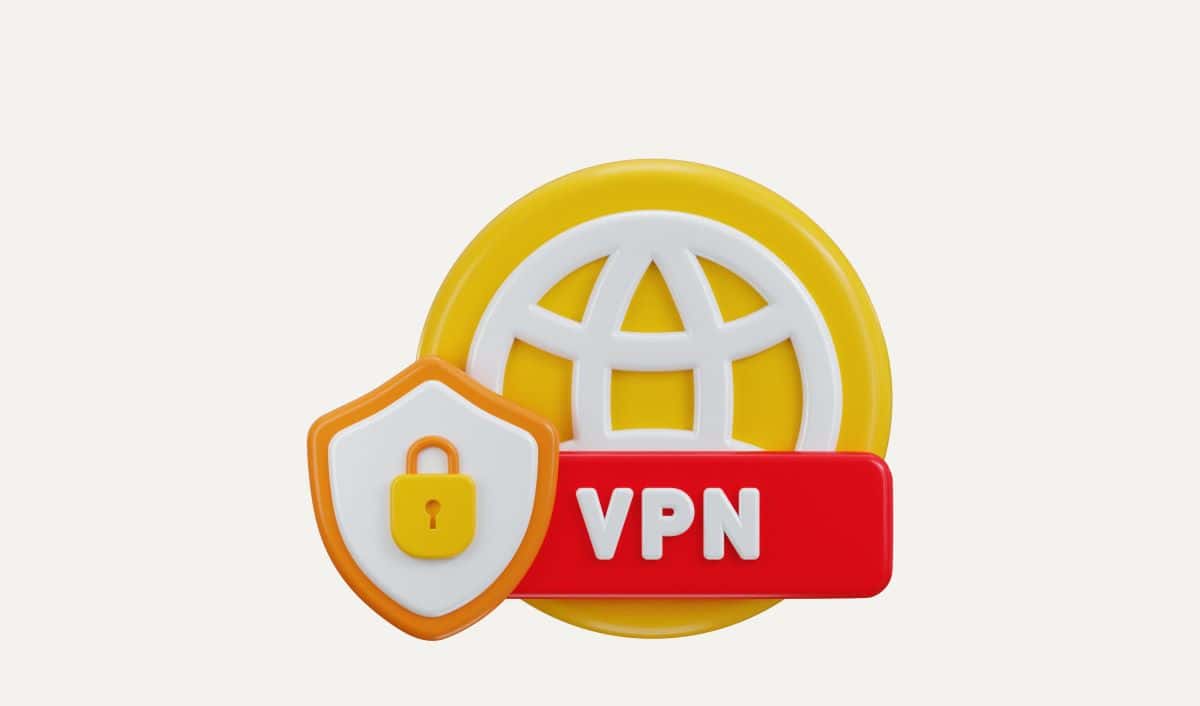
In an increasingly digital world, online privacy has become a major concern for many users. A VPN (Virtual Private Network) has emerged as one of the most effective solutions to protect personal data and ensure online security. But what exactly is a VPN, and how can it improve the online experience for its users?
A VPN is a technological tool that creates a secure, encrypted connection between a user’s device and a network via the Internet. Essentially, it acts as a virtual tunnel that hides users’ online activities, ensuring that their traffic is not visible to third parties. When using a VPN, the user’s IP address is masked, making their location and online identity much harder to track.
The functioning of a VPN is based on creating a private network over the public infrastructure of the Internet. This is achieved through the use of security protocols that encrypt the transmitted data, preventing hackers or unauthorized entities from intercepting the information. In this way, not only is privacy protected, but the overall security of the connection is also enhanced.
The connection process using a VPN is simple, but its impact on security is significant. When a user connects to the Internet without a VPN, their real IP address is visible and can be used by websites or even Internet Service Providers to track their activity. By using a VPN, the user connects to a VPN server that hides their original IP, assigning them a new IP address provided by the server. This address can be located anywhere in the world, allowing the user to appear as though they are in a different location.
This process also involves encrypting the data, which means that even if someone manages to intercept the information traveling through the network, they will not be able to read it without the proper decryption key. This level of security is crucial when browsing public networks, such as Wi-Fi in cafes or airports, where the risk of cyberattacks is higher.
VPN applications are numerous and go beyond just secure browsing. For example, in the professional world, many remote workers use a VPN to securely access their companies’ internal networks, ensuring that their sensitive data is protected during transmission. Additionally, online gamers benefit from VPNs by reducing lag and ping, improving their gaming experience.
In the entertainment world, users can access international catalogs from platforms like Netflix, Disney+, or Hulu by simulating that they are in another country. This allows them to enjoy TV shows and movies that would otherwise be blocked in their region.
Although VPNs offer numerous benefits, they are not without some drawbacks. One of the main issues is the reduction in connection speed. This is because the traffic is routed through a VPN server, which can affect latency and the overall speed of browsing. Moreover, some streaming services and online platforms can detect the use of VPNs and block access to their content.
Another aspect to consider is the reliability of the VPN provider. Not all VPNs offer the same level of security, and some may even log user activities, which puts at risk the privacy that the VPN is supposed to protect. It is essential to choose a VPN service with a good reputation and clear privacy policies.
When choosing a VPN service, it is important to consider several factors. First, the provider’s privacy policy should be checked to ensure that they do not collect data about the user’s online activity. Second, the quality of encryption is crucial; a VPN should use robust encryption to ensure that the user’s data is protected at all times. It is also recommended to choose a VPN with servers in multiple geographical locations, which will allow users to access content blocked in different regions.
The most popular and reliable VPNs include options such as ExpressVPN, NordVPN, and CyberGhost, which offer a combination of speed, security, and ease of use. However, there are also other options on the market that may be suitable depending on the user’s needs and budget.
VPNs are essential tools for protecting online privacy and security. In addition to ensuring safe and private browsing, they offer additional benefits such as access to restricted content and the ability to bypass censorship. Although they are not free of some disadvantages, such as the potential reduction in connection speed, their use is highly recommended, especially for those who browse public networks or want to improve their online security. As technology and digital needs evolve, VPNs are becoming an indispensable tool for those looking to keep their information protected and have greater control over their online presence.
While using a VPN can slightly reduce connection speed due to encryption and traffic redirection, some VPN providers offer optimized servers that can improve speed, especially for activities like streaming content or online gaming.
In most countries, using a VPN is completely legal. However, there are some nations where VPNs are restricted or banned, such as China or Russia. It is important to check the local legislation before using a VPN.
While a VPN can significantly improve privacy by hiding your IP address, it does not guarantee total anonymity. Users can still be tracked through other methods such as cookies or browser fingerprints.